Text
youtube
I saw the mighty oak
Planted there beside the stream.
It was odd and it was beautiful
And it was everything in between.
I would long for it in secret
When I would walk along the creek.
For it was odd and it was beautiful
And it was everything in between.
It was a dark, dark day
When I started across the stream.
I had decided to approach it,
Overwhelmed to find it approaching me!
I laid face in the dirt,
Nose shallow in the ground
knowing, but not understanding
That somehow it was I who had been found.
I did not think myself to be hiding,
But was now astutely aware
That in all my days of wandering
I had been filthy, toes to hair.
The mighty oak invited me
To its place there beside the stream
Where I could kneel and bow my head
And let the water wash it clean.
Day by day I rested neath the oak
And I began to learn His name.
His name was Grace Abounding
And He melted away my shame.
I spent many years there,
Being coddled by His shade.
And He taught me how to love Him
And I tried to teach Him the same.
I told Him how I liked things.
How I did not prefer the dark.
How I wanted warmer temperatures
And how He could play His part.
He was not learning quickly
And I knew it from the start,
For the days were growing colder
And the nights were getting dark.
I grew frustrated with His slowness
Figured I could do just as well out on my own.
So I put His leaves in my pocket
And made the road my home.
I took my newfound confidence
And built myself a throne.
I asked others to swear to myself
While still claiming allegiance to the oak.
This work, it was successful!
And deep down was planted a seed
That I could go on just fine like this,
That I no longer needed that old tree.
But He knew what I did not.
That there was a new growth inside of me
And He made a plan to destroy it
Without warning or heed.
It was one day on a visit
That He invited me to climb
And I leaned too far into his hollow
Before falling in it for quite some time.
I was surprised to find it dark
Inside a place that I had known to be so bright.
And wondered how many minutes might pass
Before He brought me back to light.
Those minutes became hours
And those hours became days.
The days turned into months
And I began to feel betrayed.
How could He do this?
I had trusted Him so!
Had He invited me to this place,
To leave me dead and cold?
Surely He would not,
For I had only known Him to be good.
But I could no longer see even the faintest light.
Dark, as if masked by a hood.
He would let in light some days,
But it was always random.
Nothing I could do to make it happen,
And nothing I could count on.
As the months went by and by
I felt in my gut this rot.
I knew that I was dying
And I knew that He cared not.
The rot began to fester,
clot, ooze, and bleed.
And I knew now for certain
He would not be coming back for me.
The days and months, they ran together
But one did stand apart.
It began as the cruelest of days
As I felt Him pierce my fading heart.
He stuck me with His wooden blade
And let warm blood flow free.
I screamed and bled
And begged “oh just kill me!”
After far too long he removed
His blade for me to see
And I realized it not to be assault,
But surgery.
He was holding that rotted growth
That tumor that began as seed
And I realized how small I had made Him
And How great I had made me.
He needed not explain
For I knew what he had done.
He had starved the growth in darkness
And in a battle for my heart, had won.
He pulled me back to light
And I shut my eyes quite tight.
Not from sensitivity or pain,
But out of pure frozen fright.
I knew I had betrayed Him
And I had seen the terror of His power.
He lowered me to the ground beneath Him
And there I knelt, and cowered.
I pleaded for Him to leave me
To let me return to my shame.
He told me that He loved me
And He reminded me His name.
For His name is Grace Abounding,
Planted there beside the stream.
He is odd and He is beautiful
And He is everything in between.
0 notes
Text

www.oneforisrael.org
Isaiah 9 -and the Day of Midian - ONE FOR ISRAEL Ministry
As the Christian world celebrates Christmas, the wonderful prophecy of Isaiah 9:6 “Unto us a son is born”, comes into focus once again. But perhaps less familiar to many is the treasure just two verses before it, in 9:4:
“For the yoke of his burden, and the staff for his shoulder, the rod of his oppressor, you have broken as on the day of Midian.”
It’s easy for Christians to gloss over texts which have war and battle in them, thinking that they are rather primitive and brutal, irrelevant to us in the twenty-first century. And brutal they may be, but no word of Scripture will ever become irrelevant. It is eternal, true, and cannot be broken. And often there is treasure buried in these unlikely places, if we steady ourselves to gaze on the less comfortable, the confusing, and seemingly contradictory texts.
The Day of Midian, it turns out, has everything to do with the coming and birth of Yeshua! It’s worth taking a look at that verse in Isaiah 9 again in context –
“The people who walked in darkness have seen a great light; those who dwelt in a land of deep darkness, on them has light shined. You have multiplied the nation; you have increased its joy; they rejoice before you as with joy at the harvest, as they are glad when they divide the spoil.
For the yoke of his burden, and the staff for his shoulder, the rod of his oppressor, you have broken as on the day of Midian. For every boot of the tramping warrior in battle tumult and every garment rolled in blood will be burned as fuel for the fire.
For to us a child is born, to us a son is given; and the government shall be upon his shoulder, and his name shall be called Wonderful Counselor, Mighty God, Everlasting Father, Prince of Peace. Of the increase of his government and of peace there will be no end, on the throne of David and over his kingdom, to establish it and to uphold it with justice and with righteousness from this time forth and forevermore.
The zeal of the Lord of hosts will do this.”
What was “The Day of Midian”?
The Midianites had a chequered past in the history of Israel, originally being descendants of Abraham, and the ancestors of Moses’ wife Zipporah, but also turning to be hostile enemies to Israel. This verse is referring us back to the miracles found in Judges 6-7 that God worked through Gideon and his pitifully outnumbered band of warriors. The Day of Midian was the day that God vanquished Israel’s foes through a mighty defeat that depended on a group of men armed with clay pots, torches and trumpets. God saved the day and made it quite plain that this was no ordinary military victory: this was the arm of the Lord at work, mighty to save.
A day of supernatural salvation
You might remember the story from Judges 6-7; an exasperated Gideon asks,
“Please, Lord, how can I save Israel? Behold, my clan is the weakest in Manasseh, and I am the least in my father’s house.” And the Lord said to him, “But I will be with you, and you shall strike the Midianites as one man.”
On the Lord’s instruction, Gideon whittles the Israelites down to an army of 300, and equips them with a torch in a pot and a trumpet. They surrounded the huge army of Midianites, and at the right moment,
“They blew the trumpets and smashed the jars that were in their hands… They held in their left hands the torches, and in their right hands the trumpets to blow. And they cried out, “A sword for the Lord and for Gideon!” Every man stood in his place around the camp, and all the army ran. They cried out and fled. When they blew the 300 trumpets, the Lord set every man’s sword against his comrade and against all the army.”
What a resounding and supernatural victory! This is the day of Midian – a day of trumpets, broken pots and light shining in the darkness. Victory for the Lord and his people, and his enemies are confounded by broken jars and brightly shining lights.
Victory of light and jars of clay
These themes might bring to mind some New Testament verses:
“For God, who said, “Let light shine out of darkness”, has shone in our hearts to give the light of the knowledge of the glory of God in the face of Jesus Christ. But we have this treasure in jars of clay, to show that the surpassing power belongs to God and not to us.” 2 Corinthians 4:6-7
“The light shines in the darkness, and the darkness has not overcome it… The true light, which enlightens everyone, was coming into the world… But to all who did receive him, who believed in his name, he gave the right to become children of God, who were born, not of blood nor of the will of the flesh nor of the will of man, but of God.” (John 1:5, 9, 12-13)
Yes, Yeshua came into this fallen world, weak and vulnerable as a baby, brought God’s light and salvation to all who call upon him. The incarnation, the Son that was given, is like the Day of Midian, in that God is telling us we cannot do it ourselves. He delights to save us in our weakness as we trust and lean into him for salvation.
“The Lord said to Gideon, “The people with you are too many for me to give the Midianites into their hand, lest Israel boast over me, saying, ‘My own hand has saved me.” Judges 7:2
God’s glory is insulted when we think we can do it all by ourselves. A reference to the Day of Midian in a passage about the incarnation of Yeshua our Messiah is entirely fitting. No word in the Bible is out of place. As we rejoice in the miracle of Yeshua, the true light coming into the world to save us, let us also remember the glorious day of Midian when God just wanted to clearly make it known to Israel that they could not save themselves. We desperately need a savior. Praise God for sending Yeshua, our salvation.
0 notes
Text
FEEBLE WORKERS
Thank God there are many workers here tonight, and maybe they will put themselves down as feeble. May the words I utter be an encouragement to them, and to feeble workers collectively. When a church begins, it is usually small and the day of small things is a time of considerable anxiety and fear. I may be addressing some who are members of a newly-organized church. Dear brethren, do not despise the day of small things. Rest assured that God does not save by numbers, and that results are not in the spiritual kingdom in proportion to numbers. I have been reading lately with considerable care the life of John Wesley by two or three different authors in order to get as well as I could a fair idea of the good man. But one thing I have noticed—that the beginnings of the work which has become so wonderfully large were very small indeed. Mr. Wesley and his first brethren were not rich people. Nearly all that joined him were poor. Here and there, there was a person of some standing, but the Methodists were the poor of the land. And his first preachers were not men of education. One or two were so, but the most were good outdoor preachers—head preachers, magnificent preachers as God made them by His Spirit—they were not men who had had the benefit of college training, or who were remarkable for ability. The Methodists had neither money nor eminent men at first, and their numbers were very few. During the whole life of that good man, which was protracted for so many years, the denomination did not attain any very remarkable size. They were few, and apparently feeble, but Methodism was never so glorious as it was at first—and there were never so many conversions, I believe, as in those early days.
Now I speak sorrowfully. It is a great denomination. It abounds in wealth—I am glad it does. It has mighty orators—I rejoice it has. But it has no increase, no conversion. This year and other years it remains stationary. I do not say this because that is an exceptional denomination, for almost all others have the same tale.
Year by year as the statistics come in, it is just this. “No increase—hardly hold our ground.” I use that as an illustration here. This church will get in precisely the same condition if we do not look out—just the same state. When we have not the means, we get the blessing—and when we seem to have the might and power—then the blessing does not come.
Oh! may God send us poverty. May God send us lack of means and take away our power of speech if it must be, and help us only to stammer, if we may only thus get the blessing. Oh! I crave to be useful to souls, and all the rest may go where it will. And each church must crave the same. “Not by might, nor by power, but by my Spirit, saith the Lord.” Instead of despising the day of small things, we ought to be encouraged. It is by the small things that God seems to work, but the great things He does not often use. He won’t have Gideon’s great host—let them go to their homes—let the mass of them go. Bring them down to the water—pick out only the men that lap—and then there is a very few. You can count them almost on your fingers’ ends—just two or three hundred men. Then Gideon shall go forth against the Midianites. And as the cake of barley bread smote the tent, and it lay along, so the sound of the sword of the Lord and of Gideon at the dead of night shall make the host to tremble and the Lord God shall get to Himself the victory. Never mind your feebleness, brethren, your fewness, your poverty, your want of ability. Throw your souls into God’s cause, pray mightily, lay hold on the gates of heaven, stir heaven and earth, rather than be defeated in winning souls, and you will see results that will astonish you. “Who hath despised the day of small things?” Now take the case of each Christian individually. Every one of us ought to be at work for Christ, but the great mass of us cannot do great things. Don’t despise, then, the day of little things. You can only give a penny. Now then, He that sat over by the treasury did not despise the widow’s two mites that made a farthing. Your little thank-offering, if given from your heart, is as acceptable as if it had been a hundred times as much.
Don’t, therefore, neglect to do the little. Don’t despise the day of small things. You can only give away a tract in the street. Don’t say, “I won’t do that.” Souls have been saved by the distribution of tracts and sermons. Scatter them, scatter them—they will be good seed. You know not where they may fall.
You can only write a letter to a friend sometimes about Christ. Don’t neglect to do it. Write one tomorrow. Remember a playmate of yours—you may take liberties with him about his soul from your intimacy with him. Write to him about his state before God, and urge him to seek the Savior. Who knows?—a sermon may miss him, but a letter from the well-known school companion will reach his heart.
Mother, it is only two or three little children at home that you have an influence over. Despise not the day of small things. Take them tomorrow—put your arms around their necks as they kneel by you - pray, “God bless my boys and girls, and save them”—tell them of Christ now. Oh! how well can mothers preach to children!
I can never forget my mother’s teaching. On the Sunday night, when we were at home, she would have us round the table and explain the Scriptures as we read, and then pray—and one night she left an impression on my mind that never will be erased, when she said, “I have told you, my dear children, the way of salvation, and if you perish you will perish justly. I shall have to say ‘Amen’ to your condemnation if you are condemned.” And I could not bear that. Anybody else might say, “Amen,” but not my mother.
Oh! you don’t know—you that have to deal with children—what you may do. Despise not these little opportunities. Put a word in edgeways for Christ—you that go about in trains, you that go into workshops and factories. If Christians were men who were all true to their colors, I think we should soon see a great change come over our great establishments. Speak up for Jesus. Be not ashamed of Him. And because you can say but little, don’t refuse, therefore, to say that, but rather say it over twenty times, and so make the little into much. Again, and again, and again, repeat the feeble stroke, and there shall come to be as much result from it as from one tremendous blow. God accepts your little works if they are done in faith in His dear Son. God will give success to your little works. God will educate you by your little works to do greater works—and your little works may call out others who shall do greater works by far than ever you shall be able to accomplish. Evangelists, go on preaching at the street corner. You that visit the low lodging houses, go on. Get into the room and talk of Jesus Christ there as you have done.
You that go into the country towns on the Sabbath and speak on the village greens of Christ, go on with it. I am glad to see you, but I am glad to miss you when I know you are about the Master’s work. We don’t want to keep the salt in the box—let it be rubbed into the putrid mass to stay the putrification. We don’t want the seed forever in the corn bin—let it be scattered and it will give us more.
Oh! brethren and sisters, wake up if any of you are asleep. Don’t let an ounce of strength in this
church be wasted—not a single grain of ability, either in the way of doing, or praying, or giving, or holy living. Spend and be spent, for who hath despised the day of small things? The Lord encourage weak believers, and the Lord accept the efforts of feeble workers, and send to both His richest benediction for Christ’s sake. Amen.
EXPOSITION BY C. H. SPURGEON
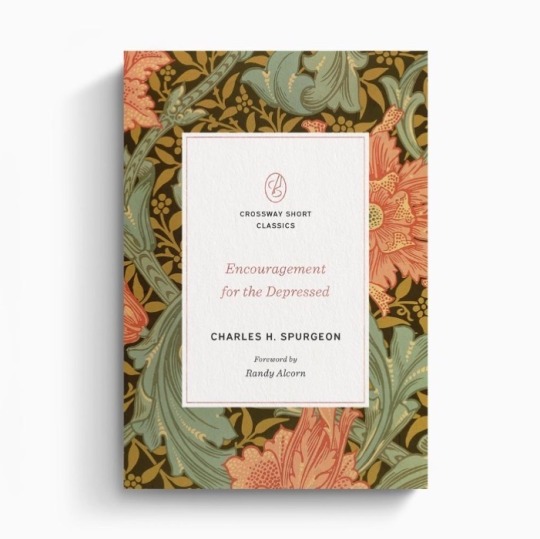
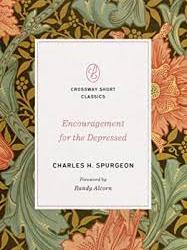
0 notes
Text
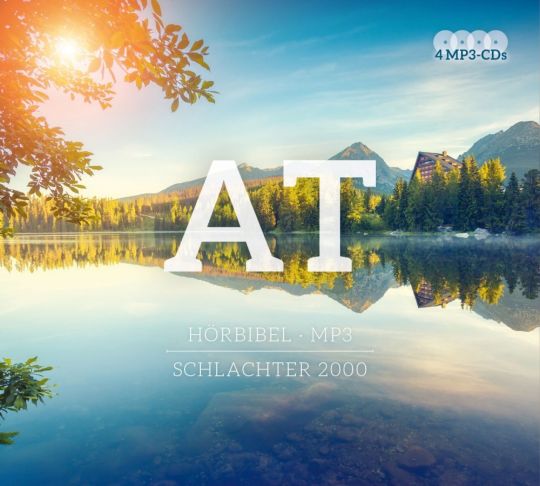
Gottes Wort zum Wohle Aller die Ihn suchen*
0 notes
Text
Story 2
THE STORY OF THE FIRST EARTH-HOME
Genesis 2:8-3:24
God himself made for Adam and Eve their first earth-home. And a beautiful home it was. We shall call it a garden-home.
God chose a place from which four rivers flowed and there he planted a large garden. We do not know the many kinds of trees and flowers and vegetables and grasses that he caused to grow in this garden. But we are sure that no park which man has made could be so lovely as was the Garden of Eden.
In the midst of this garden God planted a wonderful tree, called the tree of life. Whoever might eat of the fruit of this tree would live on and on forever.
Adam and Eve were very happy. God had given them good things to enjoy, and they knew nothing about evil and wrong-doing. They often talked witlh God and listened to his voice as he walked and talked with them in the cool of evening time. God wanted Adam and Eve to prove their love for him, and for this reason he planted in the beautiful garden one test-tree, called the tree of knowledge of good and evil. "Of the fruit, of every other tree in this garden you may eat," God had told them, but the fruit of this test-tree you must not taste. "If you do, you shall surely die." We do not know how long Adam and Eve enjoyed their beautiful garden-home, but we do know that one day a sad thing happened. Sin crept slyly into this lovely place. It came first to Eve. She heard a voice and saw a serpent talking to her. She was not afraid, because she had never known fear. So she listened. "Has God said that you must not eat the fruit of every tree in this garden?" the serpent asked.
"We may eat of every tree except one," Eve answered. "God has told us that we must not eat of the tree of knowledge of good and evil, lest we die. " "That is a mistake; you will not surely die,'' the serpent replied. God knows that if you eat fruit from this tree you will become wise to know good and evil, as he is wise, therefore he has forbidden you to eat of it"
Until this time Eve had not touched the forbidden tree; but now she looked at its fruit and thought that if it really would make her wise, like God, she wanted to taste it. Soon she yielded to the temptation and plucked the fruit, and then she gave some to Adam, and he too ate of it. At once Adam and Eve knew what, a dreadful thing sin is. They knew they had disobeyed God. A strange something stole into their hearts; it was fear. How afraid they were to meet God!
They had never been afraid before, but now they tried to find a hiding-place among the beautiful trees in the garden. Their hearts had become wicked. Soon a voice called, "Adam, where are you?" and the frightened man answered, "Lord, I heard your voice and I was afraid, therefore I hid myself." "Why should you be afraid to meet me?" God asked.
"Have you eaten of the forbidden fruit?" Then Adam told God that Eve had given him some of the fruit and he had eaten it. "What is this you have done?" God questioned Eve. And she told him what the serpent had said. "I listened to the tempter and then ate of the fruit and gave it to my husband" was her sorrowful confession. God was grieved because Adam and Eve had failed to obey him. Now he knew they could no longer enjoy his presence with them, because sin had spoiled their lives. They were no longer fit to live in the beautiful garden home he had made for them. So he sent them away out into the world to make a home for themselves. And he placed an angel at the gate of the garden to prevent them from coming back to eat of the fruit that grew on the wonderful tree of life. To Eve, God said, "Because you listened to the tempter's voice and disobeyed me, you shall have pain and trouble all the days of your life." Adam also received a sentence of punishment from God. No longer should the ground yield freely of the fruits and vegetables which Adam and Eve ate for food; now Adam must work hard to keep these things growing. And he would find that weeds and thorns and thistles would grow in his fields to make his work even harder. Then by and by he should grow old and feeble, and then he should die and his body would again become dust as it was before God created him. And all these sorrows came because of sin. But while God drove Adam and Eve out of the beautiful garden, he at the same time gave them the promise that he would send a Savior to make all men free from sin and death.
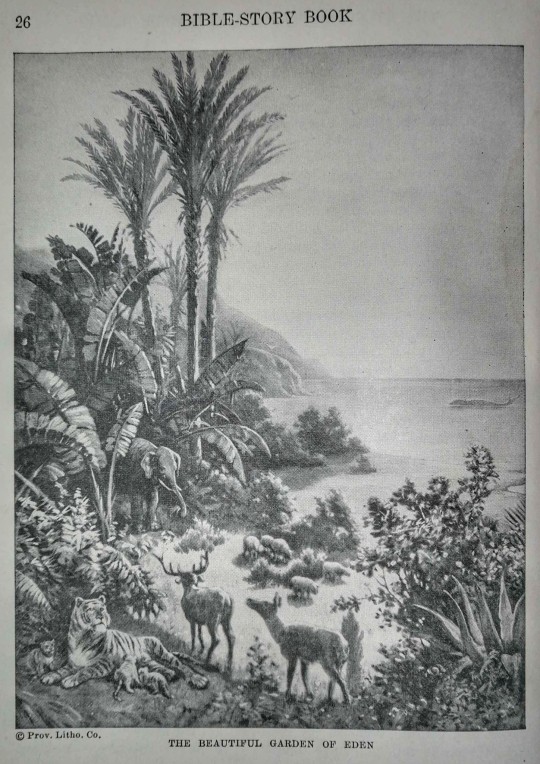
.
0 notes
Text
Story 1
HOW THE WORLD WAS MADE
Genesis 1:1-2:7
This great world in which we live did not always exist. The broad expanse of sky, which smiles upon us when days are fair, and frowns and weeps when days are foul, did not always form an arch above our earth -home. Long, long ago there was no world at all. There was no sun to shine, there were no stars to twinkle, nor moon-beams to play through the night shadows. But even then there was God: for he ever has been and alwavs shall be the same unchanging Divine Being.
Then, away back in that long ago, at the very beginning of time, God made the world. Not as we see it today, for at first water covered everything, and all was darkness everywhere. What a strange, unfriendly world this must have been, for no living creature could dwell in it!
But God planned to make it beautiful, so he caused the light to shine.
This light he called Day and the darkness he called Night. And then the evening and morning of the first day of time passed by.
On the second day God made the beautiful blue sky, and placed above the water covered earth clouds to carry the sky moisture. He called the sky Heaven. On the third day he caused the waters to flow together in wide, deep places, and he called them Seas. Dry land then rose up, and this he called Earth. But as yet there were no grasses, flowers, nor trees-the whole earth was barren and desolate. So God caused a carpet of grass to grow upon the bare ground and beautiful flowers to spring up from the earth. The trees and herbs also he made to grow at his will. When God beheld all these things he saw that they were good.
On the fourth day appeared the great lights which we see in the sky, the sun, the moon, and the stars. These he made to divide the day from the night.
After these things were made, God began to create living creatures.
He made fishes of all kinds and sizes to swim about in the seas and birds of every description to fly about above the water and land, just as we see them doing today. Thus the world continued to become more delightful, and the fifth day of the first week of time passed by.
On the sixth day God made all the animals, great and small, and every creeping thing. Then there was life abounding in the woods and on the plains, as well as in the air and in the sea. What a beautiful world! Still what a strange world, for there were no people in it! Not a home anywhere--not a man, woman, nor little child to be seen. What a very strange world indeed !
But God had not yet finished his work of creation, for he wished to have people live in the wonderful world he had made. They could enjoy its beauties and take care of it as no other living creature could do. And more, they could know who had made all these great things, and knowing God they could love and worship him. So it was that God made the first man. Out of the dust of the ground he made the man's body, then he breathed into that body with the breath of life and man became a living soul.
This first man God called Adam, and to Adam he gave the power to rule over all the other living creatures. These animals and birds he brought to Adam, and Adam gave each of them a name. But not one of them did Adam find suitable for a helper, and because he needed a helper very much God made for him a woman. This woman became Adam's wife, and he loved her very much. He called her name Eve.
When the sixth day ended God had made the world and had placed everything in it just as he wished, therefore on the seventh day he rested from his work.
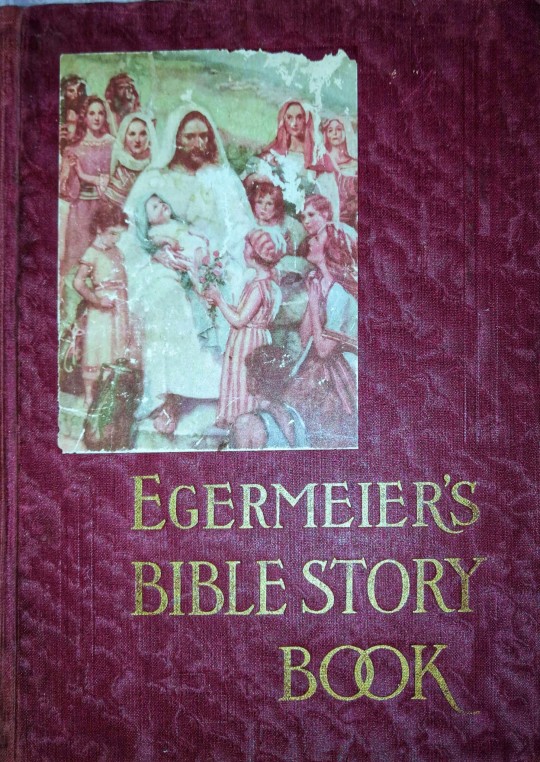
0 notes
Text
youtube
Oxford Lemon Marmelade
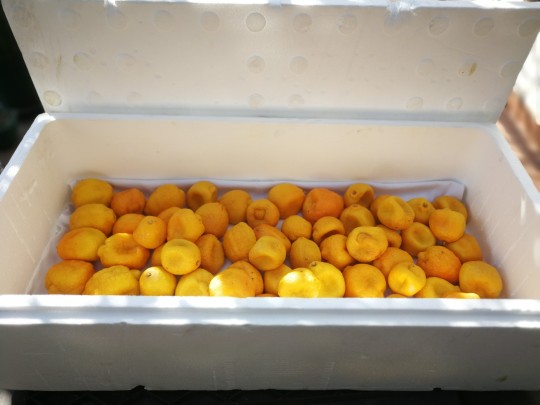





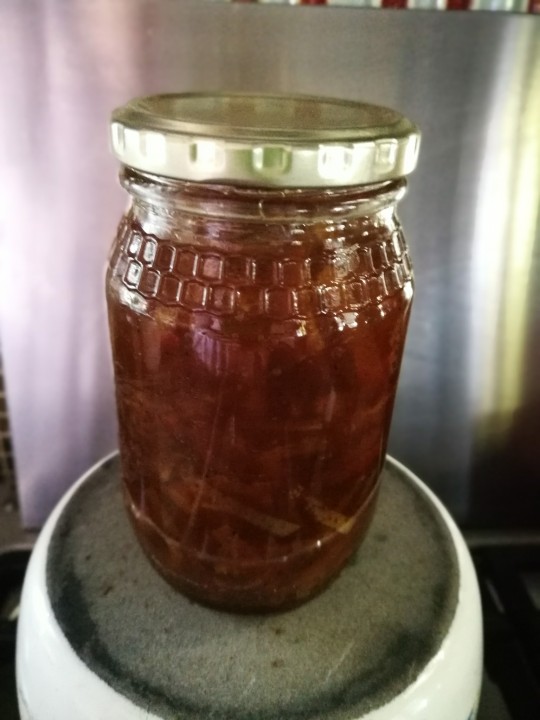

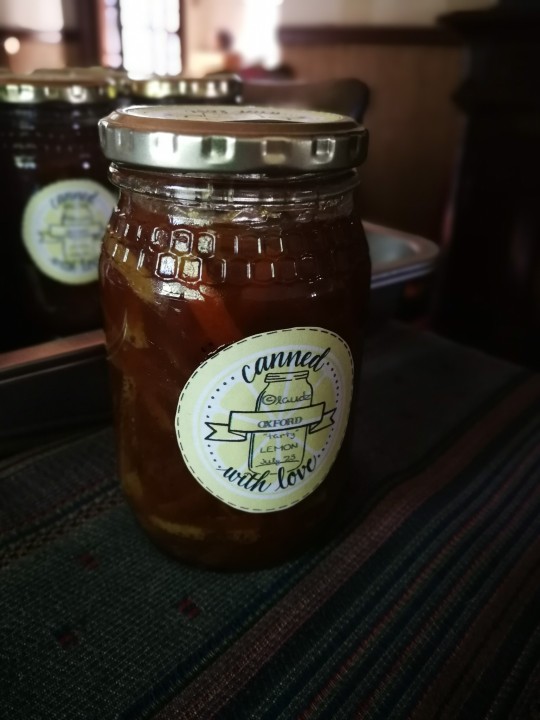
3 notes
·
View notes
Text
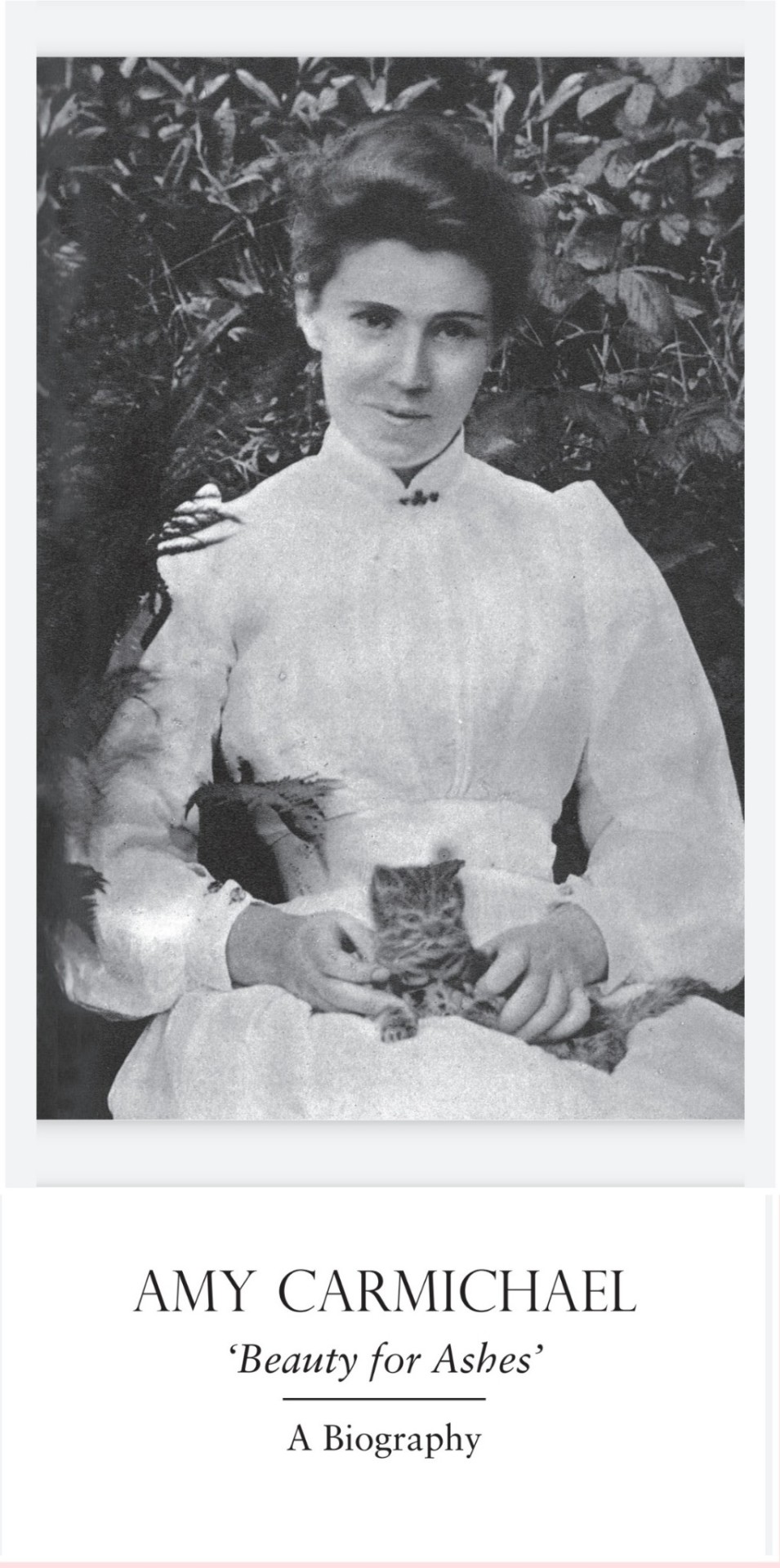
Instructions:
Copy link and delete space to create one text and paste in your browser (not search engine...see image)
******************************
https://www.google.com/
url?q=https://content.wtsbooks.com/shopify/pdf_links/9781848715523-1.pdf&sa=U&ved=2ahUKEwjyjpD_6q_8AhX3QUEAHfUIDOMQFnoECAEQAg&usg=AOvVaw2up2IUVzcOmSallusD96v7
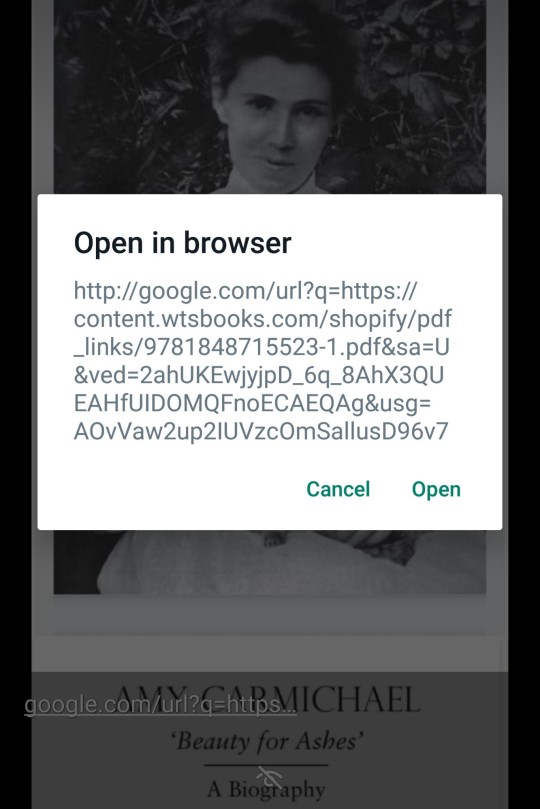
5 notes
·
View notes
Text
ꪱׁׅꪀׁׅᧁׁꭈׁׅꫀׁׅܻժׁׅ݊ꪱׁׅꫀׁׅܻꪀׁׅtׁׅ꯱ׁׅ֒
One mixture
°1 cup or more of fresh, organic sage leaves
°1 cup or more of raw honey, preferably local
°1 cup of fresh lemon juice
°1 tsp of finely grated lemon rind
°optional: grind some black pepper corn and some clove




0 notes
Text
ISRAEL’S TENACIOUS FAITH
“Then Israel said to Joseph, “Behold, I am about to die, but God will be with you and will bring you back to the land of your fathers.”
(Genesis 48:21 LSB)
youtube
Not as a weak indecisive Jacob, does Israel bless Joseph’s two sons, adopting them as his own. He is rather a confident Israel who trusts in the Lord. Israel strives relentlessly with the Lord for the blessing of His creator. As Israel he blesses Joseph’s sons, recognising the primogeniture of the second born and not the first, much to Joseph’s horror! Shouldn’t the one born first be regarded as firstborn? But God’s ways are not our ways and His thoughts are not our thoughts. Israel clung to the Lord in anticipation of His blessing. He prophetically sees what the human eye could not see and what was impossible from human perspective: that over 300 years later God would bring Israel’s descendants back into the land.
Faith is not wishful thinking, the dim hope of a future “maybe”. Faith knows that the promises of God are “yes” and “amen” and submits to God’s timing patiently and tenaciously. Israel would never live to see the fulfilment of this promise in his lifetime. Israel’s faith was not the feel good message of a word for 2023 that speaks of breakthrough just round the corner. This was not a hundred metre dash but the wholehearted throwing of one’s whole hope on a God that, if He not be true, we are of all men most to be pitied!
How often we tritely quote Jeremiah 29:11:
“‘For I know the plans that I have for you,’ declares Yahweh, ‘plans for peace and not for calamity, to give you a future and a hope.”
(Jeremiah 29:11 LSB)
We think that the state of affairs that we are in will not last the year for God’s plans for us are for a future and not for calamity. But we fail to read the previous verse:
““For thus says Yahweh, ‘When seventy years have been fulfilled for Babylon, I will visit you and establish My good word to you, to return you to this place.”
(Jeremiah 29:10 LSB)
God would only bring Israel back to their land 70 years later. How slow God’s fulfillments seem from the perspective of the unregenerate mind.
“This is now, beloved, the second letter I am writing to you in which I am stirring up your sincere mind by way of reminder, that you should remember the words spoken beforehand by the holy prophets and the commandment of the Lord and Savior spoken by your apostles, knowing this first of all, that in the last days mockers will come with their mocking, following after their own lusts, and saying, “Where is the promise of His coming? For since the fathers fell asleep, all continues just as it was from the beginning of creation.””
(2 Peter 3:1–4 LSB)
People mock the soon coming of the Lord as we have been waiting for 2000 years. One pastor who was a Protestant terrorist before he got saved in a Northern Ireland jail, when the Lord encountered him, received a tract in his pocket put there by someone in the laundry service. The tract said, “Jesus is coming soon.” His initial reaction was to say, “Yeh, to a cinema near you.” He could not see it. It seemed fiction to him because he was unregenerate at the time.
“Now faith is the assurance of things hoped for, the conviction of things not seen.”
(Hebrews 11:1 LSB)
What kind of Faith is it that perceives that which the human eye can not detect? What kind of faith is it that believes when there is no seeming evidence, in the natural, that one can latch onto? It is not the faith of those who deny the reality of their sicknesses, of their trials and of the reality of present dangers. It is not the faith of those who will not contemplate the existence of that which stands in the way.
“And without becoming weak in faith he contemplated his own body, now as good as dead since he was about a hundred years old, and the deadness of Sarah’s womb; yet, with respect to the promise of God, he did not waver in unbelief but grew strong in faith, giving glory to God, and being fully assured that what God had promised, He was able also to do.”
(Romans 4:19–21 LSB)
Abraham contemplated his own body. He did not deny that he was elderly. Abraham did not rebuke his body. He did not say, “You are not old, body! You are a young body!” He acknowledge the impossibility of the situation BUT he knew that God was able to bring life out of death, that God was not a liar and he knew that trust was the order of the day because God had promised that the son would be born at that season the following year. It was then when he received that promise which he had already waited for, for over 24 years.
Some believers may not experience the breakthrough promised at the beginning of the new year when so called prophets will predictably promise positive and favourable outcomes for the coming year. They may live with debilitating sickness, financial difficulty or trials of persecution. It may be that some believers will never experience that breakthrough in their lifetime on this earth. But those who continue to trust in God with repentance, with humility and with a tenacious faith; they are those whose faith is patterned after Jacob’s and patterned after Abraham’s. Such tenacious believers that will not let go until they see God promise fulfilled are highly esteemed by God because they know that faith is the assurance/essence of things hoped for, the conviction/evidence of things not seen. The world cries “Your faith is blind and your hope is a fairy tale.” But the faith of the believer is tenacious and, in the end, the believer will be vindicated, even if that vindication awaits the return of our Messiah, Yeshua.
“Even when there was no reason for hope, Abraham kept hoping—believing that he would become the father of many nations. For God had said to him, “That’s how many descendants you will have!””
Romans 4:18 NLT
_Msindisi Ung Hayworth_
0 notes
Photo
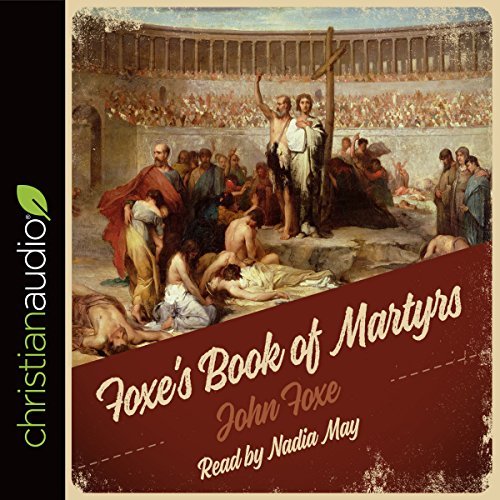
Beginning with the story of Stephen from the book of Acts, considered the first Christian martyr, the drama builds to the passion of the early Church's persecution under the Roman Empire. The hardy and radical faith of those first believers spawned medieval missionary movements that spread the gospel across Europe and into England, Scotland, and Ireland. As the story continues, it places a significant emphasis on the sufferings of the early Protestants during the Reformation. As a vicar in the Church of England, author John Foxe strongly identified with the Protestant sects throughout Europe, and his loyalty to their cause comes through in his descriptions of many early clashes between Catholic and Protestant believers. Listeners are given an opportunity to experience the storytelling that incited several wars between Catholic and Protestant forces. The political and personal passion of the Reformation continues with the stories of the French Protestants during and after the French Revolution.
Note: good for devotional purposes, but this isn't Foxe's original text.
The lasting effect of this book on history cannot be understated. It is the single-most influential book on Protestant thinking throughout the Reformation, often read from the pulpit as scripture alongside the Bible, thus shaping that world irrevocably. The original clocked in at over a million words, and the woodcut illustrations cemented the horrors in the imaginations of the Tudor and Stuart world.
https://www.audible.com/pd/Foxes-Book-of-Martyrs-Audiobook/B0036N6F8Y
1 note
·
View note
Text
dam bursts at disused South African diamond mine
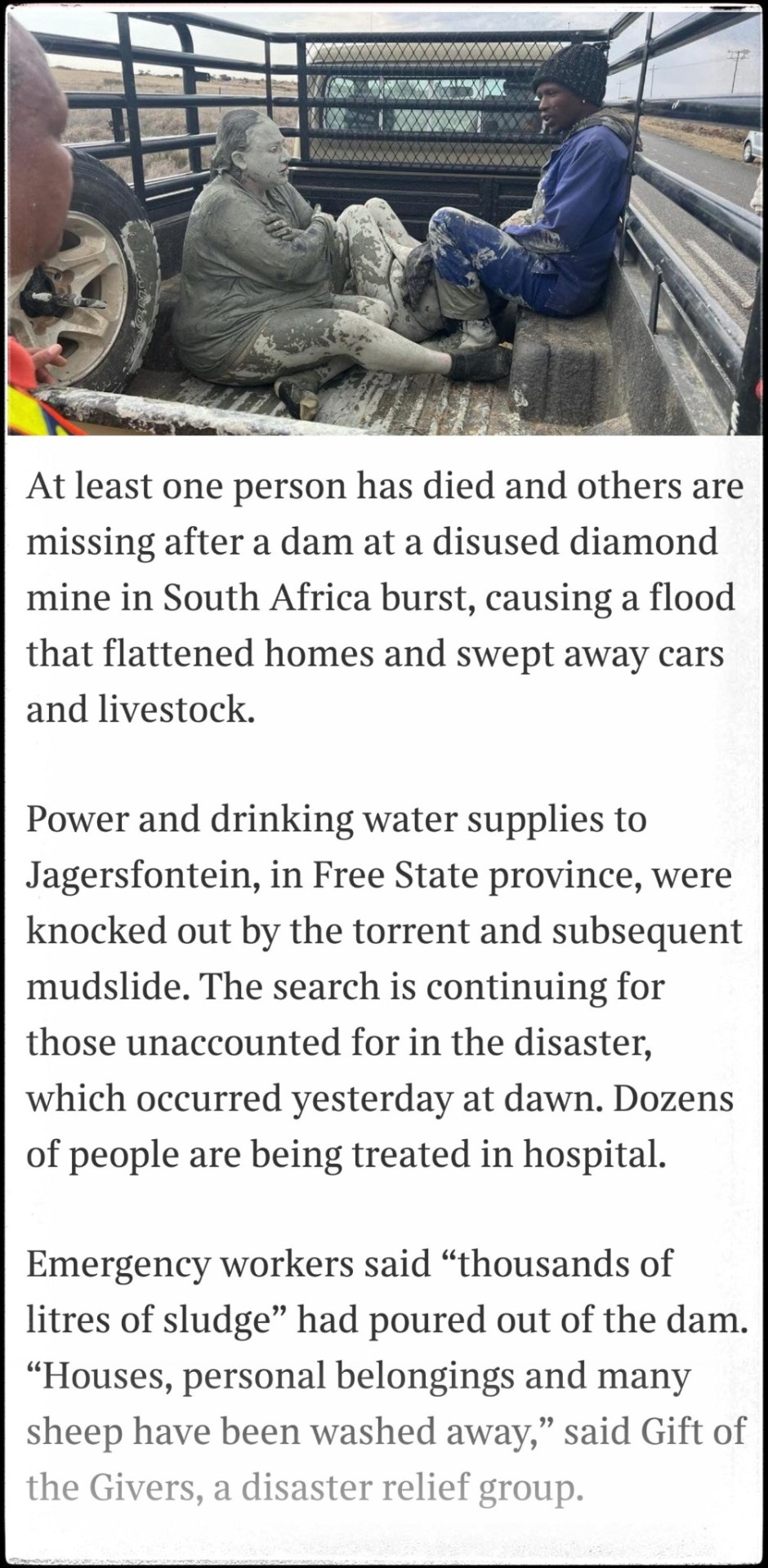
🙏😢 Please pass this message on we are totally desperate to help those who have no voice. have a heart. 🙏🏻😰
Help needed urgently!!!! Devastation, Destruction, Despair.
Words fail to exactly describe the crisis unfolding in front of our eyes. 😪😪
Team Bloemfontein SPCA already left yesterday in the early hours of the morning to Jagersfontein where a wall of a Mine dam collapsed. Nothing could really prepare us for the tragedy that took place. We were joined by Virgina SPCA and Kimberley SPCA 😔
So many people and animals were unable to escape the force of the mud and water that overwhelmed the small community in a matter of seconds. No time to escape, no time to even attempt to take anything with you.
As our Inspectors, Field Assistants and officers made our way through the tons of mud, desperate animals in despair were omnipresent.
We stopped at nothing to help them. They were all just too tired and too exhausted and surrendered themselves into the arms of our team.
Sadly so many already succumbed, especially wildlife. The numbers and devastation unthinkable.
We were able to assist 69 dogs, 39 cats, 3 pigs, 102 chickens, 2 cows and 19 geese. This was just one day. There are so many left that still need us, and the teams have already left for Jagersfontein before sunrise.
We cannot even try to attempt to do this on our own and really need the support of our animal warriors to help cover our fuel and Veterinary expenses. Please, no amount is too small. Food for dogs, cats, poultry and farm animals, and blankets are also needed. Whatever you are able to assist with will help us to continue to assist the animals in Jagersfontein.
The task is immense, but we will continue until we have assisted them all. 🙏🙏🙏
Please keep the people of Jagersfontein, the animals and our Team in your thoughts.
Bank details:
Bank: ABSA
Account name: BFN Society for the Prevention of Cruelty to Animals Account number: 927 910 2644 Branch code: 632 005 Savings Account
Reference: Jagersfontein. Or you can send an SMS to 42646 with the word Bloemspca. (SMS cost R30) Or visit our website www.bloemfonteinspca.co.za and click on the donate button to do an easy payment towards lions – reference Jagersfontein. Thank you to you the supporters that help us when we and an animal need help! We appreciate all your support.
0 notes
Text
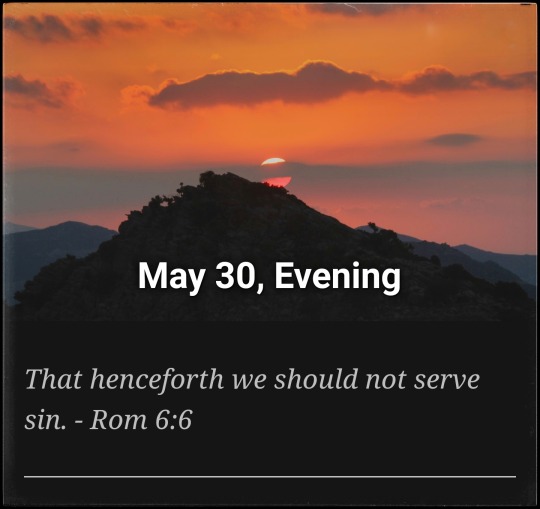
Christian, what have you to do with sin? Has it not cost you enough already? Burnt child—will you play with the fire? What! when you have already been between the jaws of the lion—will you step a second time into his den? Have you not had enough of the old serpent? Did he not poison all your veins once and will you play upon the hole of the viper, and put your hand upon the cockatrice’s den a second time? Oh, do not be so mad! Do not be so foolish!
Did sin ever yield you real pleasure? Did you find solid satisfaction in it? If so, go back to your old drudgery, and wear the chain again—if it delights you. But inasmuch as sin did never give you what it promised to bestow but deluded you with lies—do not be snared a second time by the old fowler! Let the remembrance of your ancient bondage forbid you to enter the net again!
It is contrary to the designs of eternal love, which all have an eye to your purity and holiness; therefore do not run counter to the purposes of your Lord.
Another thought should restrain you from sin. Christians can never sin cheaply; they pay a heavy price for iniquity. Transgression destroys peace of mind, obscures fellowship with Jesus, hinders prayer, brings darkness over the soul. Therefore do not be the serf and bondman of sin.
There is yet a higher argument—each time you “serve sin” you have “Crucified the Lord afresh and put Him to an open shame.” Can you bear that thought? Oh! if you have fallen into any special sin during this day, it may be my Master has sent this admonition this evening, to bring you back before you have backslidden very far. Turn to Jesus anew; He has not forgotten His love to you; His grace is still the same. With weeping and repentance, come to His footstool, and you shall be once more received into His heart; you shall be set upon a rock again, and your goings shall be established.
0 notes
Text
0 notes

